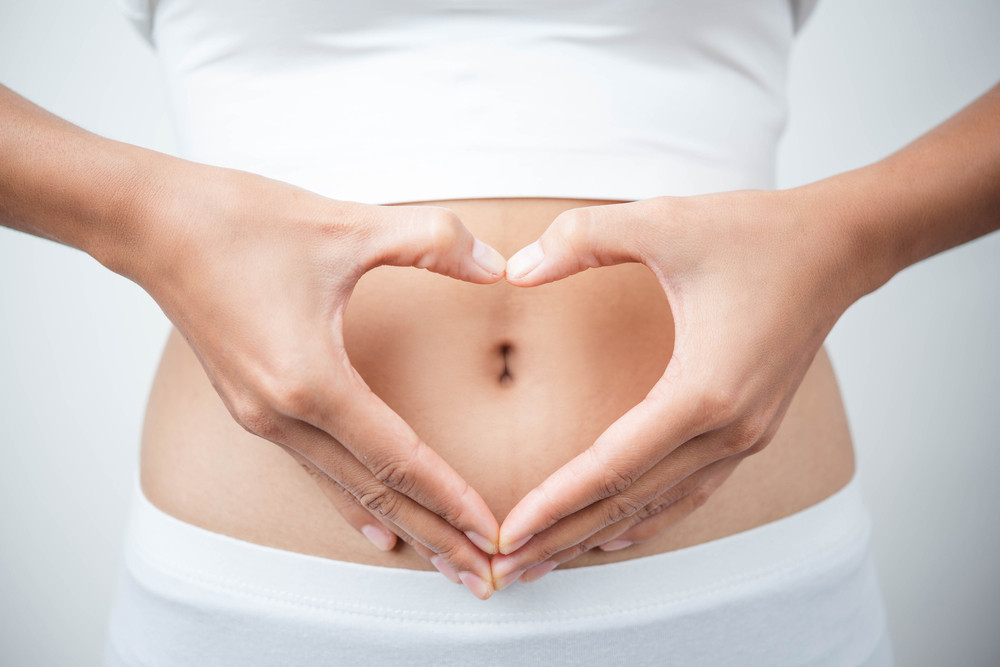Menopause

About Menopause
Menopause refers to the changes a woman goes through just before and after she stops menstruating, marking the end of her reproductive years. All women experience menopause as they age. In Hong Kong, the average age for a woman to reach menopause is 51.
Common Symptoms and Treatments of Menopause
1. Hot flushes
Sudden feeling of heat on the face and in the upper body. May also experience flushing of the face, sweating and elevated heartbeat. Relax, avoid spicy foods, and avoid wearing tight clothing or clothing made from unbreathable fabrics (e.g. nylon).
2. Estrogen depletion
As estrogen levels decline in a woman, her breasts, ovaries and uterus begin to shrink. Her vagina also loses elasticity and she may experience vaginal dryness, which tends to lead to itching and may cause atrophic vaginitis. Vaginal lubricant or estrogen cream can be used to treat this condition and reduce discomfort during sexual intercourse.
3. Incontinence
As the bladder and pelvic floor muscles weaken, women become more susceptible to incontinence. Some women may experience urine leakage with physical activities such as coughing, running and laughing. Kegel exercises, also known as pelvic floor exercises, can prevent or control urinary incontinence. Seek profesional advice from a Urologist would be recommended.
4. Osteoporosis
As women age, estrogen levels decline, aecting calcium absorption and retention, resulting in drop in bone density and potentially leading to osteoporosis. Prevent osteoporosis by regularly performing weight-bearing exercises such as speed walking, jogging, tai chi and yoga, by always maintaining a good posture, by eating a calcium-rich diet (good sources of calcium include milk, cheese, tofu, sardines etc.) and by reducing tea and coee intake.
5. Psychological changes
Menopausal women may experience insomnia, impatience, irritability, emotional instability, anxiety, fatigue, and paranoia. Manage these emotional changes by talking to trusted friends or healthcare professionals or by participating in social activities that help reduce stress.
Hormonal Replacement Therapy (HRT)
Always consult a doctor before starting on any medication to treat menopausal symptoms and to prevent osteoporosis. Find out if the medication is right for you, understand its side effects and special instructions for how it should be taken. There are many types of Hormone Replacement Therapy in many dierent forms and the best type depends on the patient’s health, symptoms and needs. Must consult a doctor before deciding on which type to take. Hormone Replacement Therapy is not recommended for women suering from severe liver disease, breast cancer, endometrial cancer, stroke or thrombosis. Before taking any medication, consult a doctor to confirm breasts and reproductive parts are tumor-free, and liver and renal functions are normal. Patients undergoing HRT should schedule regular follow-up visits with the doctor to monitor body’s response to the medication. Long-term use of HRT (5 years) may increase the risk of breast cancer, stroke, heart diseases and venous thrombosis.
Our Team
<<Back toObstetrics & GynaecologyorHealth Check Services>>